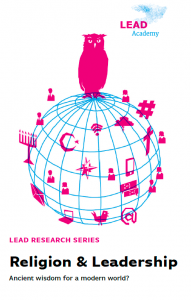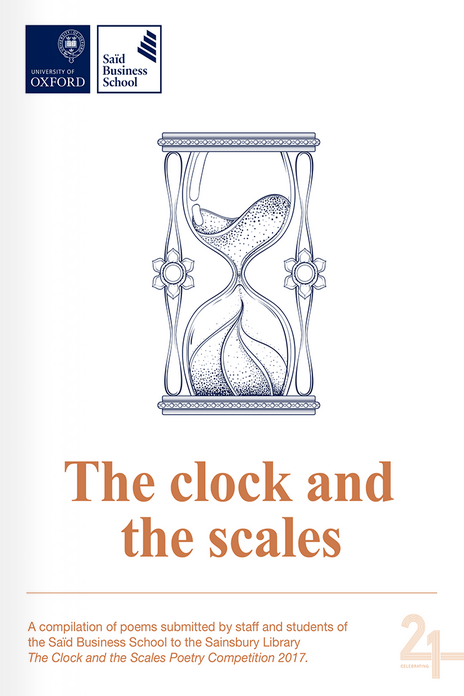Federal elections in Germany will take place in a few days on the 24th of September. Around 61.5 million Germans will vote for their political representation in national parliament. For the first time since the end of the Second World War the “Alternative for Germany”, a party that many consider right-wing extremist, is very likely to make it into parliament. With campaign slogans like: “Burka? We prefer bikinis.” it tries to make Islam a divisive issue. A couple of weeks later on the 15th of October, Austria will also elect a new national parliament. The Freedom Party of Austria uses the topic of Islam in its campaign, too. Religion and in particular Islam are recurring issues in political debates.
In the recent TV duel between the two main contenders for German chancellor, the candidates were asked whether they had gone to church in the morning. Both Schulz and Merkel started their sentence with “I was not today…”, to continue with mentioning some religious institutional practices. This followed some social media uproar with many challenging that this kind of question was asked in the first place.
Religion is pervasive, yet elusive
Whether the question was appropriate and useful or not, the reactions show that religion is a contested issue. Pervasive, yet elusive. The largest party in German parliament has the C for Christianity in its name. Angela Merkel is the daughter of a pastor. The former president of Germany, Joachim Gauck, who retired a couple of months ago, is a trained pastor himself. His successor Frank-Walter Steinmeier is a devout Christian, too.
When we look over the Atlantic, we recently witnessed some religious leaders in a group prayer laying hands on Donald Trump reiterating their support. Mike Pence, the Vice-President, is a devout Christian, whose beliefs strongly impact his policy views. Other leaders around the world stress their religiousness and how it impacts their policies and way of life.
More generally, a PEW (2015) study shows that around 6 billion or 84% of the world population is somewhat religiously affiliated. This number is expected to grow both in absolute and relative numbers to over 8 billion or 87% of the world population by 2050. The philosopher Jürgen Habermas (2001) speaks of a “post-secular society” and the theologian Paul Tillich (1957) calls faith an “ultimate concern”. All in all, this highlights that we should not ignore faith, but rather engage with religion both critically and constructively.
Religion – a double-edged sword for leaders
 However, we do not know much about how religious beliefs impact leaders. I have zoomed in on this issue in a study with Christian, Jewish and Muslim leaders entitled “Religion & Leadership”. The study illustrates that religion is a double-edged sword that can cause both harm and good in and for leaders and beyond. Potential pitfalls are worldly negligence, non-critical reasoning, exclusivity claim and a belief in divine right. Potential opportunities are personal harmony, deeper meaning, social caring and lived values. If pitfalls are overcome and opportunities embraced, religion can be an anchor and compass for individuals, organizations, and societies in a complex world.
However, we do not know much about how religious beliefs impact leaders. I have zoomed in on this issue in a study with Christian, Jewish and Muslim leaders entitled “Religion & Leadership”. The study illustrates that religion is a double-edged sword that can cause both harm and good in and for leaders and beyond. Potential pitfalls are worldly negligence, non-critical reasoning, exclusivity claim and a belief in divine right. Potential opportunities are personal harmony, deeper meaning, social caring and lived values. If pitfalls are overcome and opportunities embraced, religion can be an anchor and compass for individuals, organizations, and societies in a complex world.



